
For the seventh year in a row — holy shmoly, has that much time passed? — I’ll be attending Readercon. I’ll be on three panels and I’ll be doing two readings. Well, technically the Wold Newton thing is more of a performance than a reading. I’ll be spouting some stuff from my work to excellent music from Brian Francis Slattery & co. Besides Rock Band, I don’t think I’ve ever performed in front of a group with musical accompaniment, so this should be fun (and delightfully terrifying).
Two of the panels have to do with creativity and so called writers’ block. Creativity has always interested me and I’m always surprised when people say they aren’t “creative.” I believe that creativity something inherent in all of us and we just have to turn on its spigot and let it flow. As for writers’ block, I don’t think I’ve ever had it. I’ve questioned the wisdom of my ideas, I’ve doubted the quality of my work, but when it came to putting words on a page I don’t think I was ever “blocked.” I do think that has a lot to do with ways that I’ve learned to stimulate ideas and spawn creativity, things that I hope to talk about during the panel(s) to possibly help others.
I’m also doing a panel on so-called “Ancient Evil.” This interests me because I’m writing a novel with Ashmedai (king of the demons) as a character. In the Lurianic version of the Kabbalistic creation myth, God shattered the first worlds he built. Those husks or qlippoth lay scattered throughout the Great Deep like potsherds in a field. Every negative act in our world gives those husks power, and it is said that they are the source of all evil in the world. In my novel, Ashmedai comes from an ancient husk called Sheol. So the notion of ancient evil is fascinating, because I wonder what someone born on a husk would think of her creator and all the people of Earth who live relatively comfortable lives compared to their hell. In that context, it makes a lot of sense that demons would be considered evil. They’re angry at us because we were given opportunities that they never will have!
And as for my reading, the program says I’ll be reading from my story in After. However, the story may be a bit long to fit into a 30 minute time-slot, so I might read a new piece.
Anyway, I’m really looking forward to seeing everyone there.
Thursday July 12
8:00 PM ME
Managing Motivation to Write. Alexander Jablokov, Steve Kelner (leader), Toni L.P. Kelner, Matthew Kressel, Ben Loory. Kipling (an SF writer himself) wrote: “There are nine-and-sixty ways/of composing tribal lays/and every single one of them is right!” Science fiction writers should know this better than most, yet most people don’t realize just how different the creative process is for different writers. Join a panel of writers discussing how they keep themselves going, the underlying reasons for why a given tactic works for them, and how it might (or might not) work for others.
Proposed by Stephen Kelner.
Friday July 13
11:00 AM VT Reading. Matthew Kressel. Matthew Kressel reads “The Great Game at the End of the World,” which will be published in Ellen Datlow’s anthology After.
Saturday July 14
7:00 PM F Wold Newton Reading Extravaganza. Matthew Kressel, Veronica Schanoes, Brian Francis Slattery (leader), Jeff VanderMeer, Jo Walton. ONCE AGAIN AND FOR THE SECOND TIME, Eric Rosenfield and Brian Francis Slattery of the Wold Newton Reading Extravaganza Series will orchestrate yet another INCREDIBLY FANCY SONIC ART EXPERIMENT consisting of ESTEEMED LITERARY PERSONAGES reading TEXTUAL OBJECTS in short bursts, one after another accompanied by LIVE, IMPROVISED MUSIC provided by a FULL BAND, with the intent of creating a kind of unbroken MOSAIC of what Readercon FEELS LIKE. Come witness our spectacular SUCCESS and/or FAILURE.
Sunday July 15
10:00 AM ME The Seven Deadly Myths of Creativity. Andy Duncan, Joe Haldeman, Steve Kelner (leader), Toni L.P. Kelner, Matthew Kressel, Jennifer Pelland, Luc Reid. What is creativity, really? How does it work? Many people think of it as somehow magical, but in fact there has been considerable neuropsychological research devoted to the process of creativity, and current evidence makes it clear that it is inherent in the human brain: everyone is creative; the question is how to harness it. Having said that, there are many myths about creativity which are not only unhelpful but have actively blocked or inhibited writers. Fortunately, many of these myths are entirely explicable and avoidable. Stephen Kelner, a research psychologist who is also a professional writer, will give an overview of the myths and the realities, and discussion will further explore individual participants’ questions or challenges.
12:00 PM F Why Is Ancient Evil Ancient?. Erik Amundsen, Elizabeth Hand (leader), Matthew Kressel, Sarah Langan, Kate Nepveu, Ruth Sternglantz. “Ancient evil” tends to be used as a shorthand for all the things we fear in our hindbrains, and everything lurking in the dark that we can’t explain. It calls to mind something primordial that we feel we should have evolved past but still fear on some basic level. When we cite ancient evil in fiction, is its ancientness just a way of disclaiming that the evil isn’t our fault, and thereby dodging the need to deal with evils that we could have prevented and could still avert? What if the ancient evil isn’t entirely evil, just misunderstood? How do fictional treatments of ancient evil differ in cultures that venerate tradition and age versus those that prioritize innovation and youth?

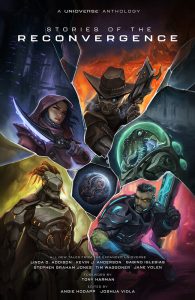



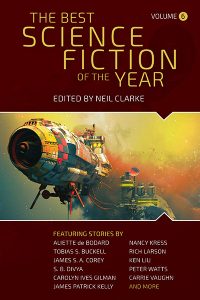


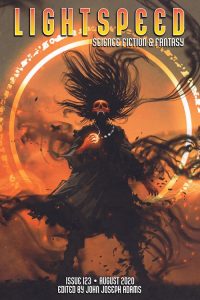
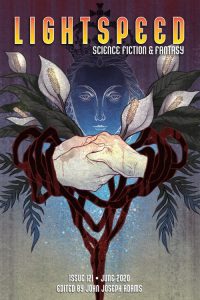
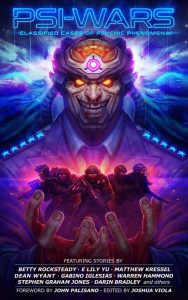
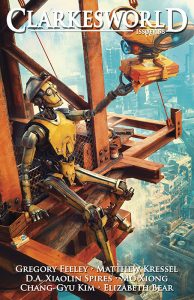
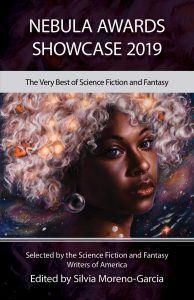
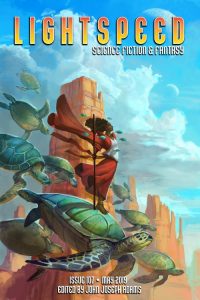
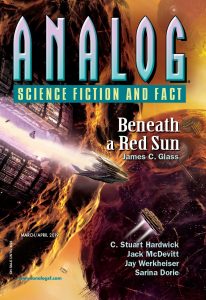
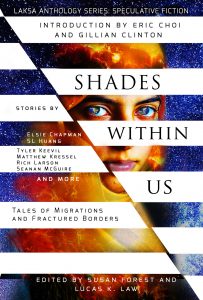
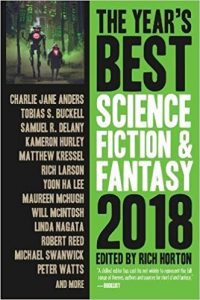
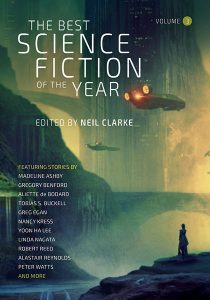
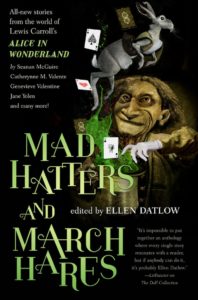
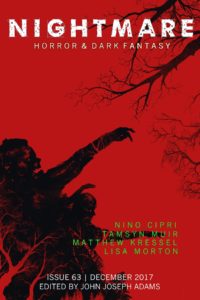
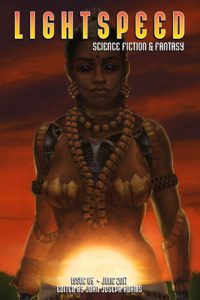

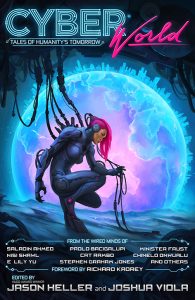
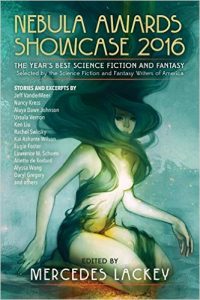

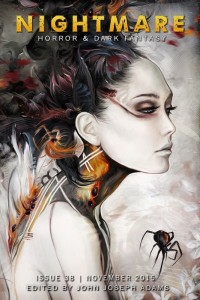
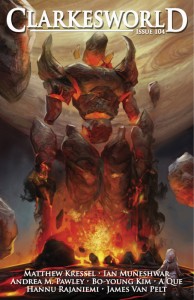

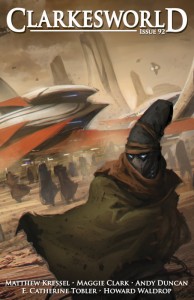

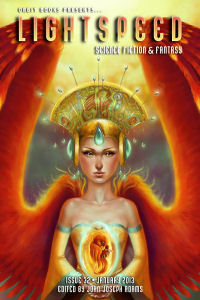
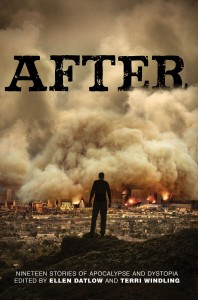
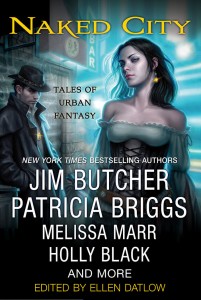

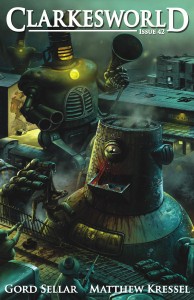
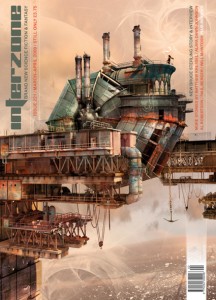
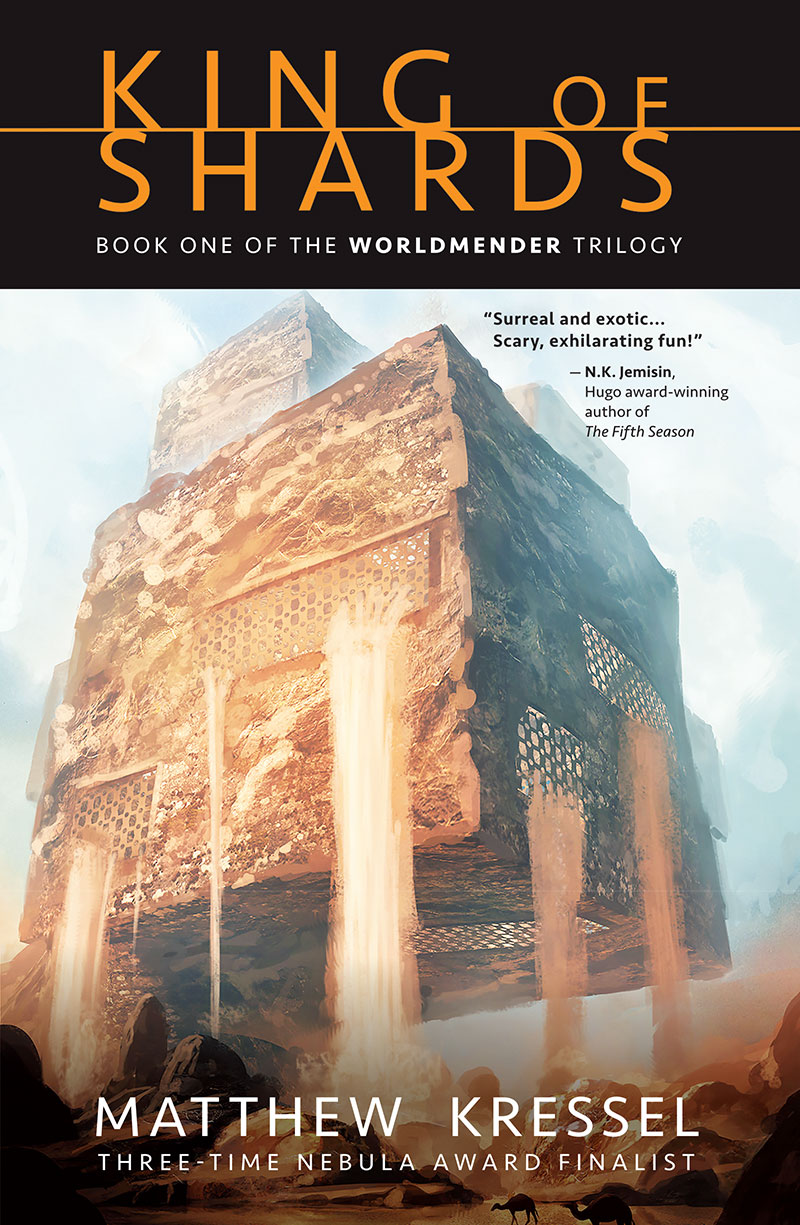
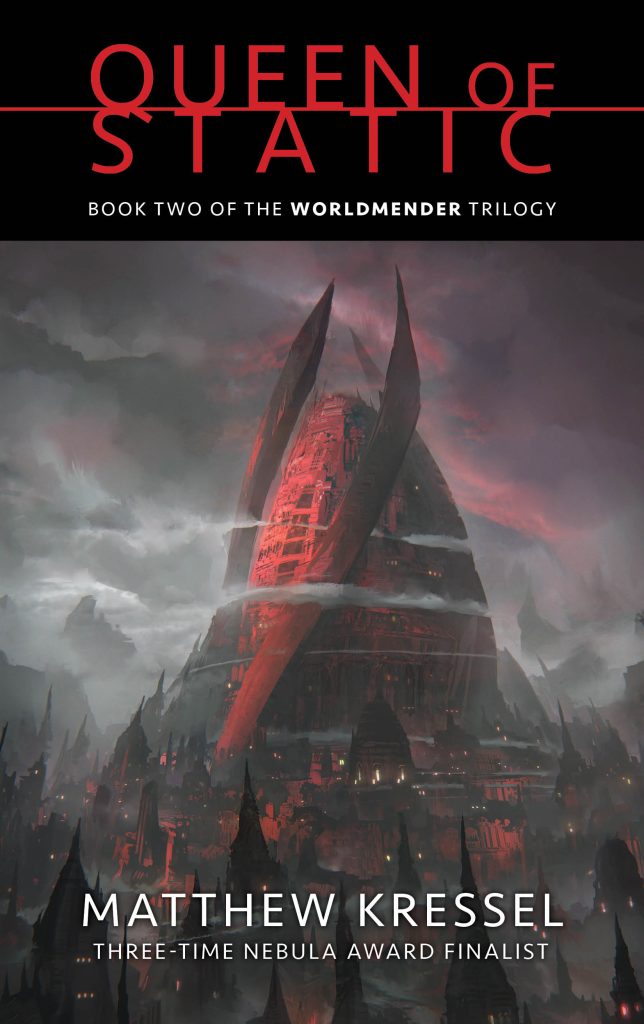

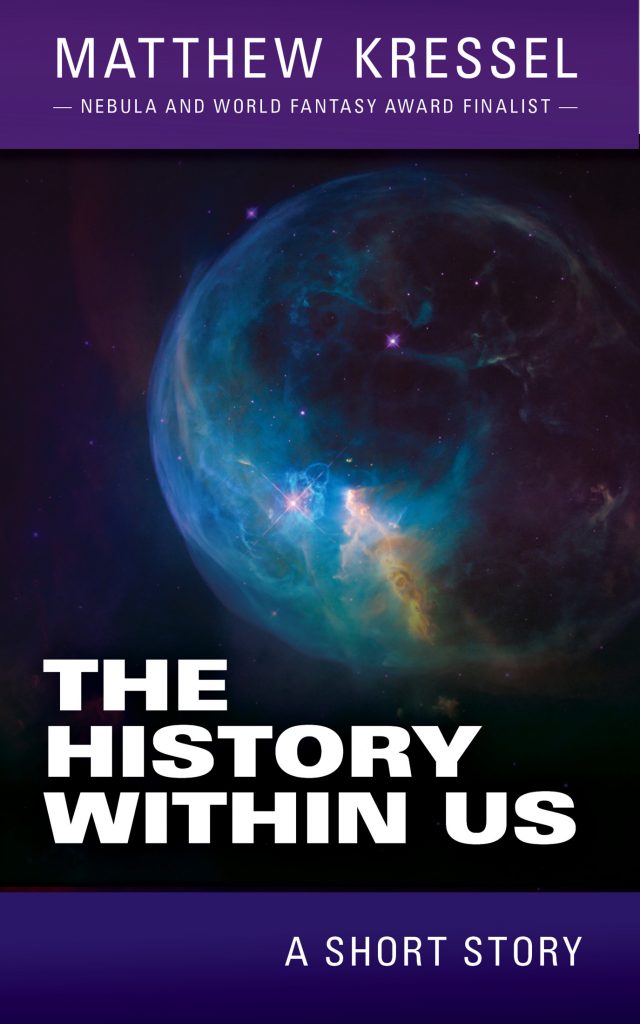
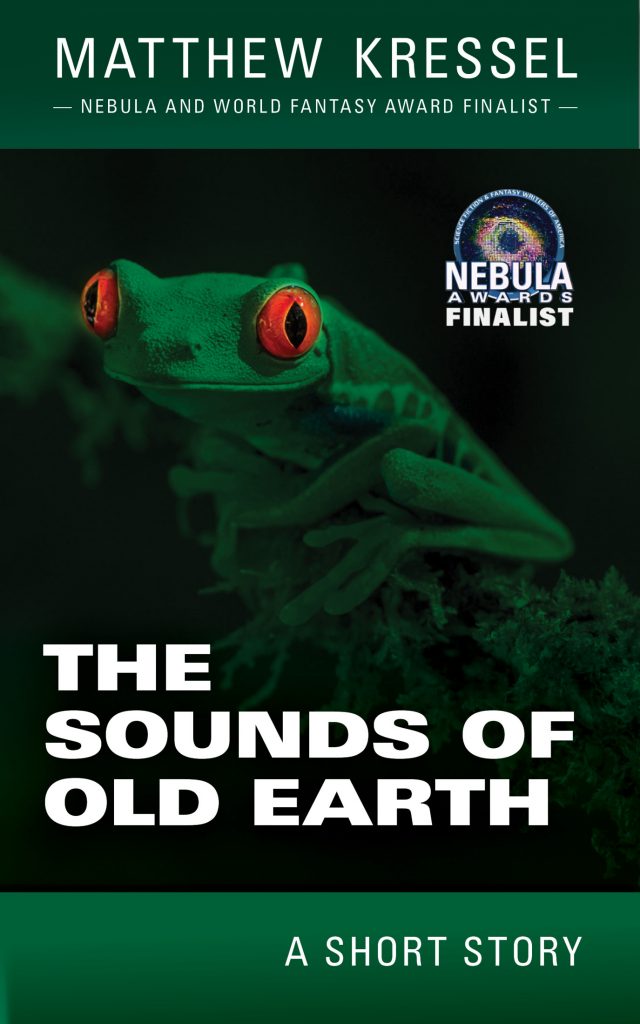
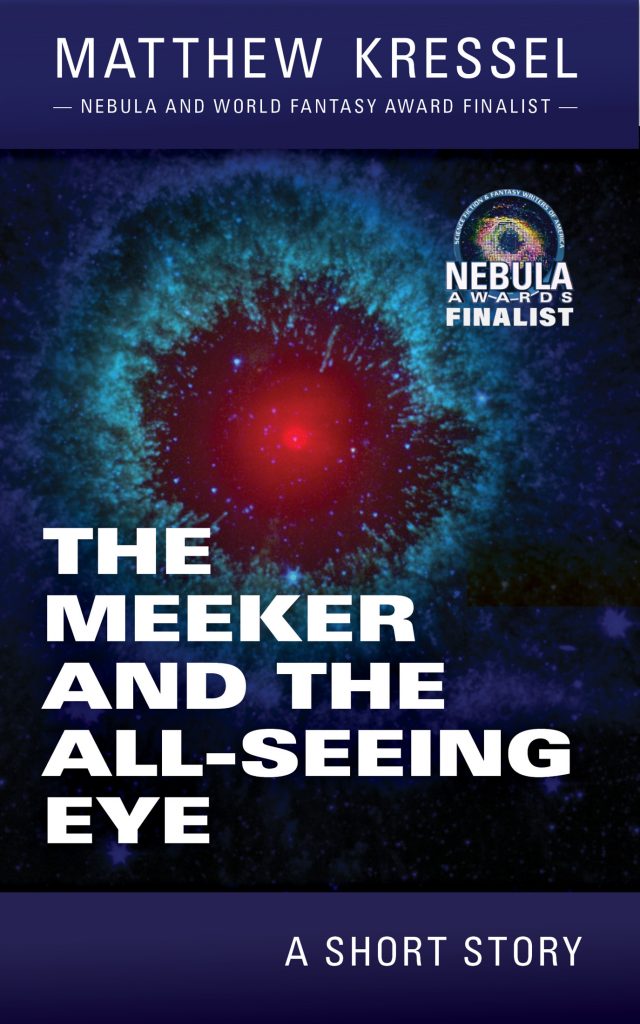
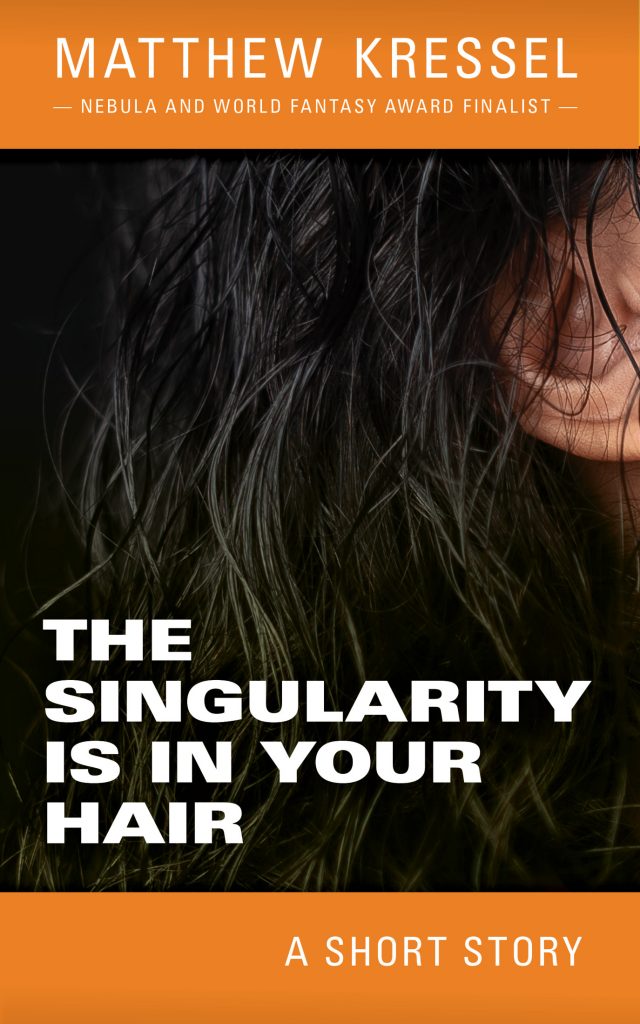
June 27, 2012 at 4:02 am
Don’t forget to mention Mumm-Ra in your Ancient Evil panel.
July 3, 2012 at 1:58 pm
Indeed!